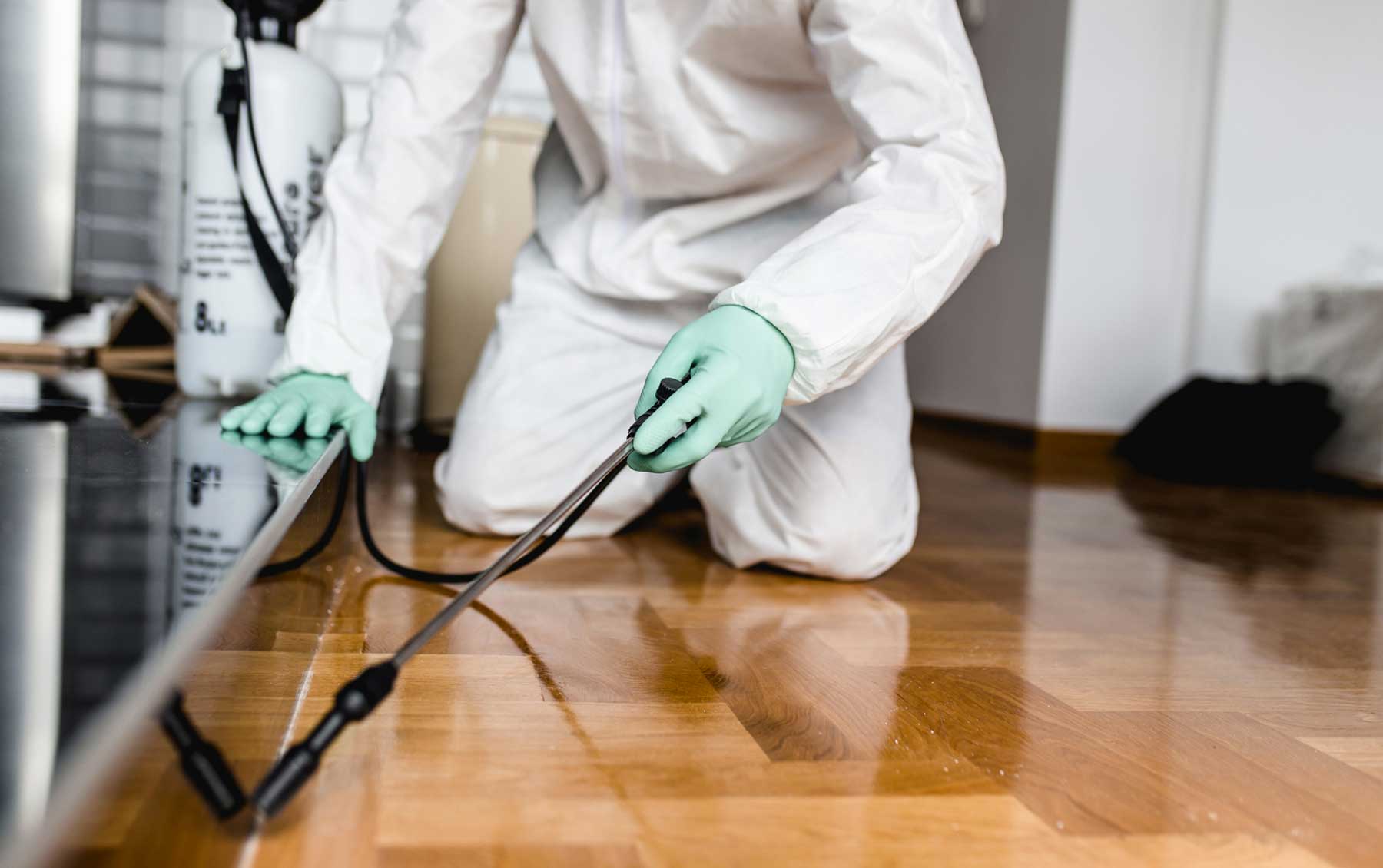Efficient Bed Bug Treatment: Remove Infestations Safely!
Efficient Bed Bug Treatment: Remove Infestations Safely!
Blog Article
Specialist Insect Control Techniques for Long-Term Results
Specialist pest control methods envelop a comprehensive technique that begins with a comprehensive assessment and evaluation, followed by accurate bug recognition to recognize their behavior patterns. The implementation of Integrated Insect Management (IPM) concepts, combined with eco-conscious therapies, develops the foundation of lasting parasite eradication.
Evaluation and Evaluation
Upon going into a residential or commercial property for insect control services, the initial action is a thorough evaluation and evaluation to identify the degree of the invasion and figure out one of the most efficient therapy strategy. Specialist bug control technicians are trained to meticulously analyze the facilities, trying to find signs of insect activity such as droppings, gnaw marks, nests, or any kind of architectural damages. They will likewise evaluate the conditions that may be attracting parasites, such as food resources, water leaks, or entry factors.

Bug Recognition and Actions

In addition, understanding the behavior of the recognized pest is key to carrying out reliable control steps. For instance, recognizing where bugs nest, what they prey on, and their task patterns can assist pest control professionals develop strategies to eradicate them successfully. Some pests might be nocturnal, while others are more energetic throughout the day. This understanding enables for the application of treatments at ideal times for maximum efficiency.
Integrated Insect Monitoring (IPM)
Integrated Bug Management (IPM) methods combine several techniques to manage and prevent bug infestations in a lasting and eco-friendly fashion. exterminator near me. By incorporating methods such as biological control, environment manipulation, adjustment of social practices, and making use of immune varieties, IPM aims to lessen the usage of this link chemical pesticides
Among the vital concepts of IPM is the focus on prevention. This aggressive method involves monitoring bug populations frequently to spot any kind of possible issues before they rise. By identifying parasite troubles at an early stage, pest control actions can be applied swiftly and properly.
Additionally, IPM promotes making use of non-toxic pest control methods whenever possible. This can include using natural predators of the insects, this hyperlink presenting beneficial pests, or utilizing pheromones to interrupt mating patterns. By minimizing dependence on chemical pesticides, IPM not only protects the setting but additionally helps maintain a balance in the ecosystem.
Environmentally-Friendly Treatments
Carrying out eco-conscious methods in parasite control treatments can properly resolve problems while focusing on ecological sustainability. Environmentally-friendly treatments concentrate on reducing the impact of bug control approaches on ecological communities, non-target organisms, and human health and wellness. These approaches frequently include the usage of natural predators, such as ladybugs or nematodes, to control pest populaces, lowering the demand for chemical interventions. Additionally, strategies like environment adjustment, such as readjusting wetness degrees or getting rid of food sources, can help deter parasites without using dangerous materials.
Another secret aspect of environmentally-friendly treatments is making use of natural and naturally degradable items that break down promptly without leaving dangerous residues in the environment. Organic insecticides acquired from plants like chrysanthemums or neem use efficient parasite control while positioning marginal risk to non-target types. Furthermore, utilizing approaches like warmth treatments or scent catches can target particular parasites with precision, minimizing the overall ecological influence of insect control techniques.
Recurring Monitoring and Maintenance
Continuous monitoring and upkeep are essential elements of efficient parasite control management. Continuous tracking plays a crucial role in guaranteeing that bug infestations are identified early and dealt with quickly. Routine evaluations by skilled experts are needed to identify any type of indications of bug task, examine the performance of previous therapies, and make modifications to the bug control plan his explanation as needed. By monitoring insect populations in time, pest control experts can track patterns, prepare for prospective concerns, and execute precautionary steps to reduce the risk of future infestations.
In enhancement to monitoring, upkeep techniques are important for long-lasting pest control success. This includes applying appropriate hygiene measures to get rid of potential food and water sources for bugs, sealing off entry points to stop insects from getting in the properties, and addressing any structural problems that can facilitate insect infestations (bed bug treatment). By incorporating recurring surveillance and upkeep into an integrated insect administration method, organizations can ensure a pest-free environment and guard their home against expensive damages and health and wellness dangers
Final Thought
In final thought, using professional bug control methods such as detailed examination and analysis, exact parasite recognition and understanding of their habits, integrated bug management strategies, environmentally-friendly treatments, and continuous tracking and maintenance are essential for attaining lasting lead to parasite control. By carrying out these approaches, people can properly handle parasite problems and maintain a pest-free setting in a sustainable manner.
Report this page